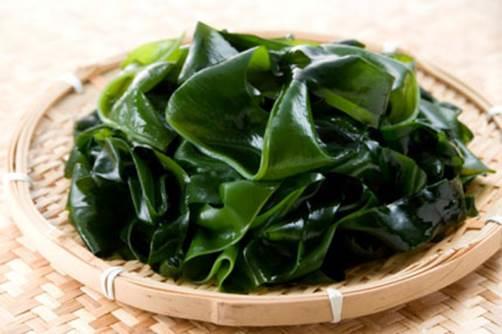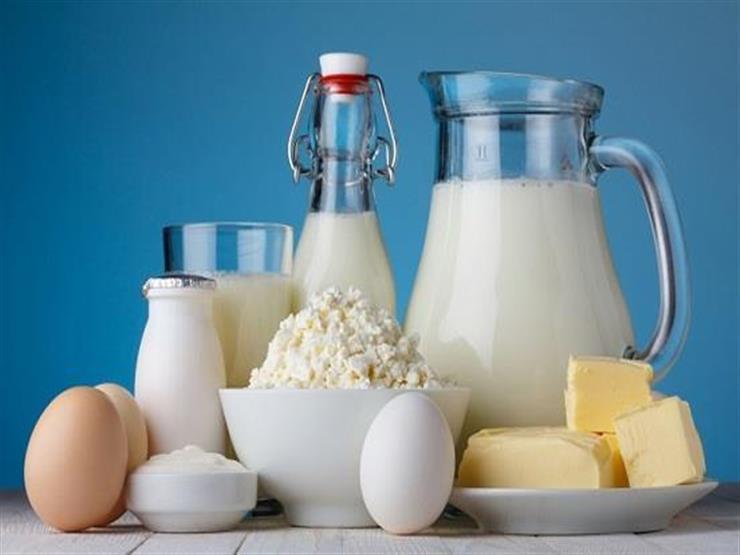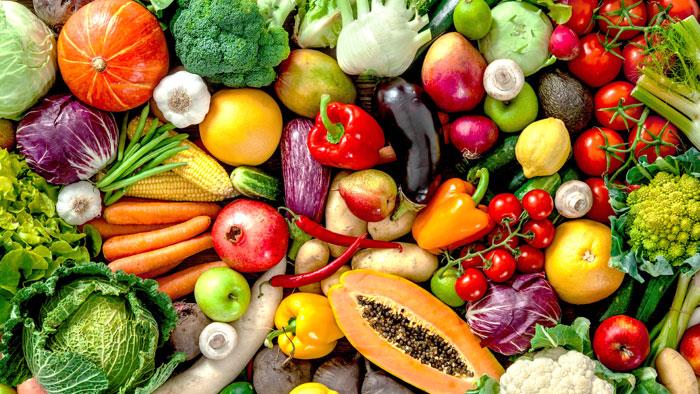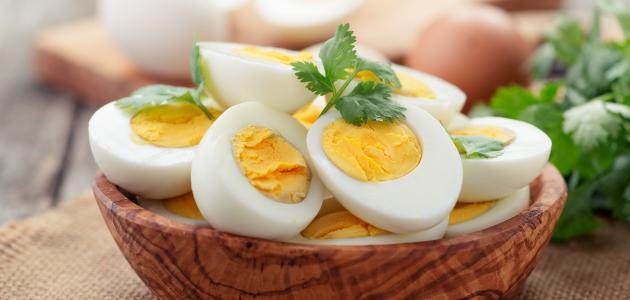
[ad_1]
 Iodine is one of the essential minerals that must be present in our diet. It is important for the functioning of the thyroid gland, which it needs to produce its hormones necessary for the functioning of your body as a whole. Iodine deficiency causes this gland to swell and enlarge, which leads to weight gain and muscle weakness.
Iodine is one of the essential minerals that must be present in our diet. It is important for the functioning of the thyroid gland, which it needs to produce its hormones necessary for the functioning of your body as a whole. Iodine deficiency causes this gland to swell and enlarge, which leads to weight gain and muscle weakness.
Research indicates that a third of the world’s population is exposed to iodine deficiency because they live in areas that contain small amounts of iodine in the soil.In this report, we review the foods that are a source of this mineral, the required daily limit, and symptoms of its deficiency, among others.
Daily limit required
Doctors suggest that the recommended daily limit of iodine is 150 micrograms per day for most adults, and this amount may need to be increased in pregnant and breastfeeding women.
Symptoms of iodine deficiency
Iodine deficiency affects the thyroid gland, causing fatigue, depression, forgetfulness, weakness and hair loss, dry skin, weight gain, cold intolerance, constipation, and difficulty breathing or swallowing if the thyroid gland is enlarged.

Sources of iodine:
sea food
Seafood is rich in iodine, antioxidants, vitamins and minerals. 85 grams of cod contain about 63-99 micrograms of iodine, or 42-66% of the recommended daily intake.
Three ounces of shrimp contain 35 micrograms of iodine, which is 23% of the RDI. Tuna provides less iodine than lean fish, but is still a relatively good source.

seaweed
Seaweed is one of the best natural sources of iodine, and it varies widely depending on the type, the region in which it is grown, and the method of preparation.
These herbs include kombu, wakame, and nori.

dairy products
The amount of iodine in milk and dairy products varies depending on the iodine content of feeds and the use of iodine-containing disinfectants during milking.
A cup of milk can provide about 59-112% of the recommended daily amount depending on the type of milk, and a cup of yogurt provides almost half of the recommended amount.

iodized salt
A quarter of a teaspoon of iodized salt contains 71 micrograms of iodine, or 47% of the recommended daily allowance.
vegetables and fruits
Vegetables and fruits contain iodine in different amounts, and plums are among the most important of these fruits.The concentration of iodine in all plant foods ranges from 10 micrograms per kilogram to 1 mg per kilogram of dry weight.
Beans are also a good source of fiber, magnesium, and folic acid, and are a good plant source of iodine. Grains are generally an essential source of iodine. The amount of iodine in beans varies depending on the soil, irrigation water, and manure. used to grow them.

eggs
Iodine is found in egg yolks, in addition to other minerals and vitamins. Eggs are a source of protein and healthy fats. Each egg contains 12 micrograms of iodine, which is equivalent to 16% of the daily value.

[ad_2]
Source link